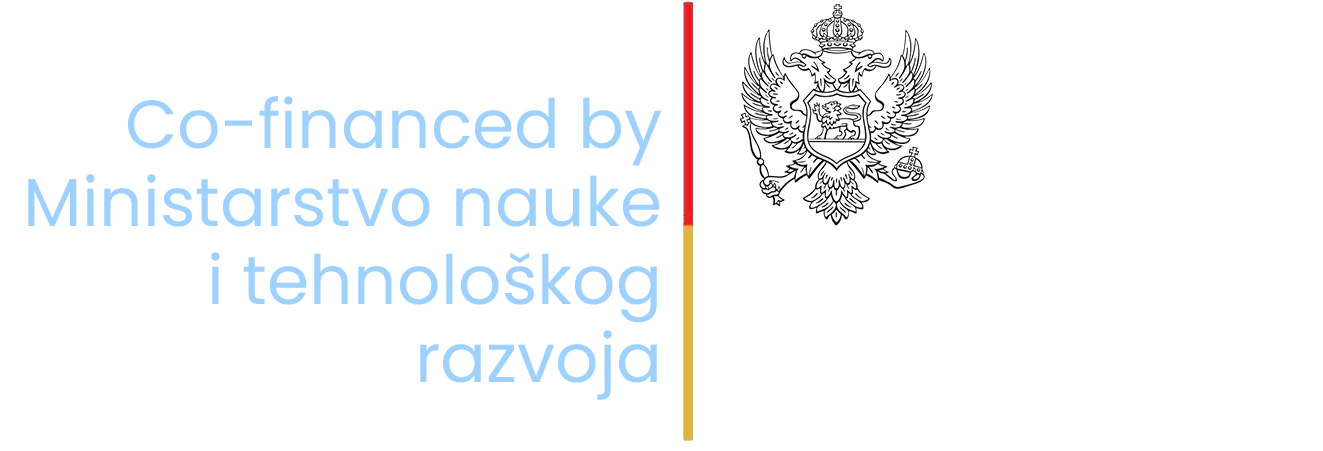
Montenegro lacks about 500 IT experts and it is necessary, with the cooperation of the state, the education system, and the economy, to develop that staff, because information and communication technologies are an exceptional development opportunity for the state and society.
This was announced by the representatives of the Ministry of Public Administration, Digital Society and Media, the University of Montenegro, and ICT Cortex, who today signed the Agreement on Cooperation on the Implementation of Education Programs and Projects in the IT Sector.
The Minister of Public Administration, Digital Society and Media, Tamara Srzentić, said that the lack of qualified staff in the ICT industry is one of the main threats to successful digitization in our country.
“It is estimated that Montenegro lacks about 500 IT experts at the moment, while in Europe this number has reached one million, and therefore it must be addressed from the point of view of formal and informal education. With this project, we plan to establish educational modules following the needs of the market and the IT industry and enable their successful implementation. Our ultimate goal is to build a regional center of excellence for the improvement of digital skills, and we believe that this is only possible if the academic private and public sectors join forces,” said Srzentić.
The Rector of the University of Montenegro, Vladimir Božović, said that the meaning of the signed Agreement is exceptional, primarily in terms of how the European Union sees the third dimension of the University in terms of innovation and development.
“All the more, I am glad that ICT Cortex, as a leading cluster group in the domain of information and communication technologies, recognized the University as that base. To develop the entire sector, to develop information and communication technologies, we need to develop staff, and the University is called upon first when it comes to that. Through the concepts elaborated in this Agreement, we will certainly continue to do so for the benefit of not only the three entities, which at this moment have found a common interest but for the benefit of the entire society,” said Božović.
He believes that the development of information and communication technologies is an exceptional development opportunity for the country, and the University, as he added, is a pillar of that development.
The executive director of ICT Cortex, Tarik Zaimović, pointed out that the IT industry has had a systemic problem with personnel for a long time.
“In the last few years, various representative offices of foreign companies have started to open here. We believe that this industry has the potential to employ several thousand people in the next three to four years. We believe that the IT industry should be one of the pillars of industries, such as tourism and agriculture,” said Zaimović.
According to him, the IT sector currently accounts for about 3.5 percent of GDP, and in the total amount for this year, it will contribute about 20 percent.
“But we cannot support this exponential growth without staff. We believe that the University of Montenegro is the right partner for the implementation of this project, and the support of the state is also very important. Problems should be solved systemically. This is one of how we can permanently and systematically solve the staffing problem, not completely because it is not possible, but our goal is to produce as many staff as possible and to keep that stuff in Montenegro, as well as to increase the quality of education. This is a real example of how the state, the education system, and the economy should cooperate, and we will do everything to support this project. We have a very ambitious vision which, we hope, will result in concrete results,” said Zaimović.


